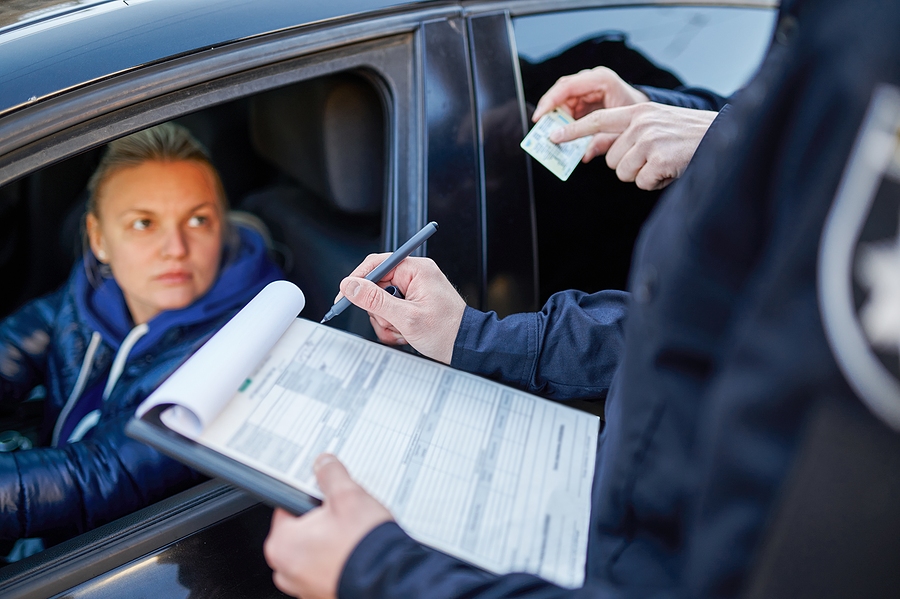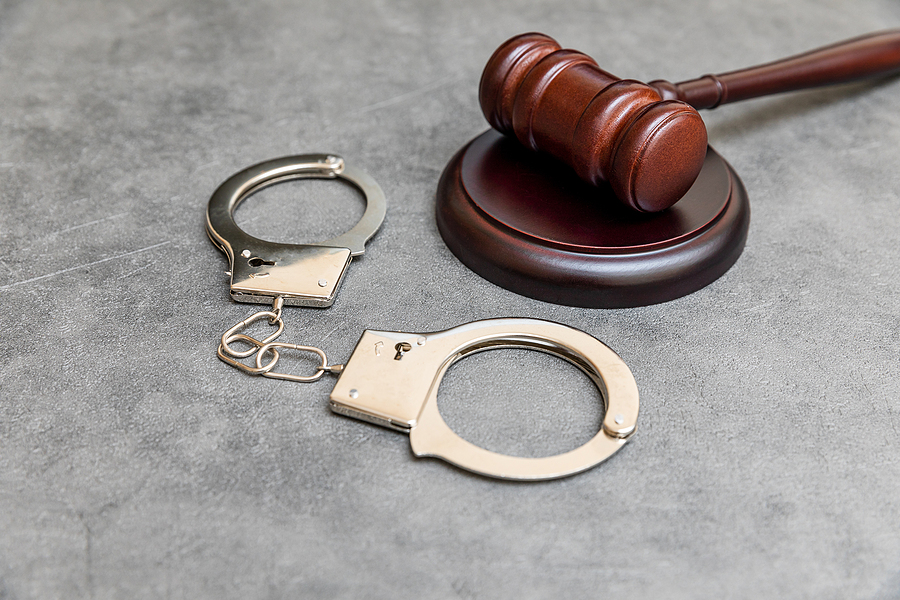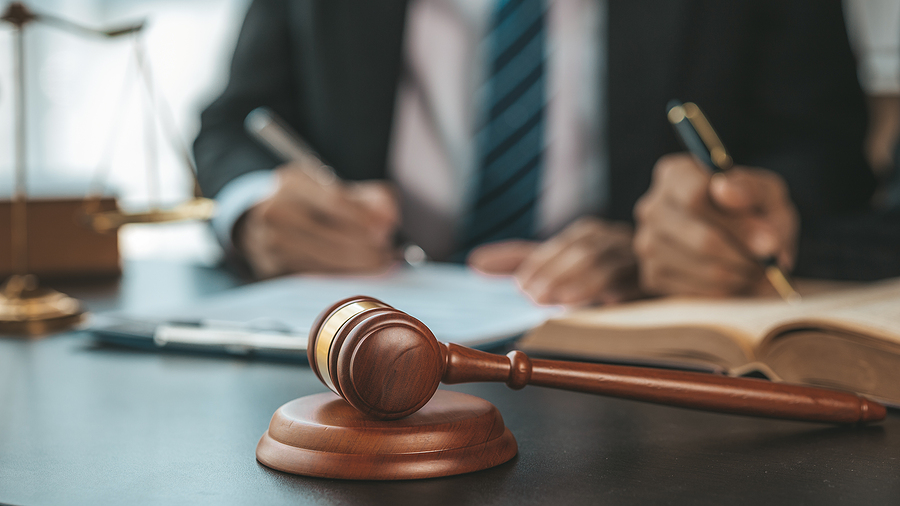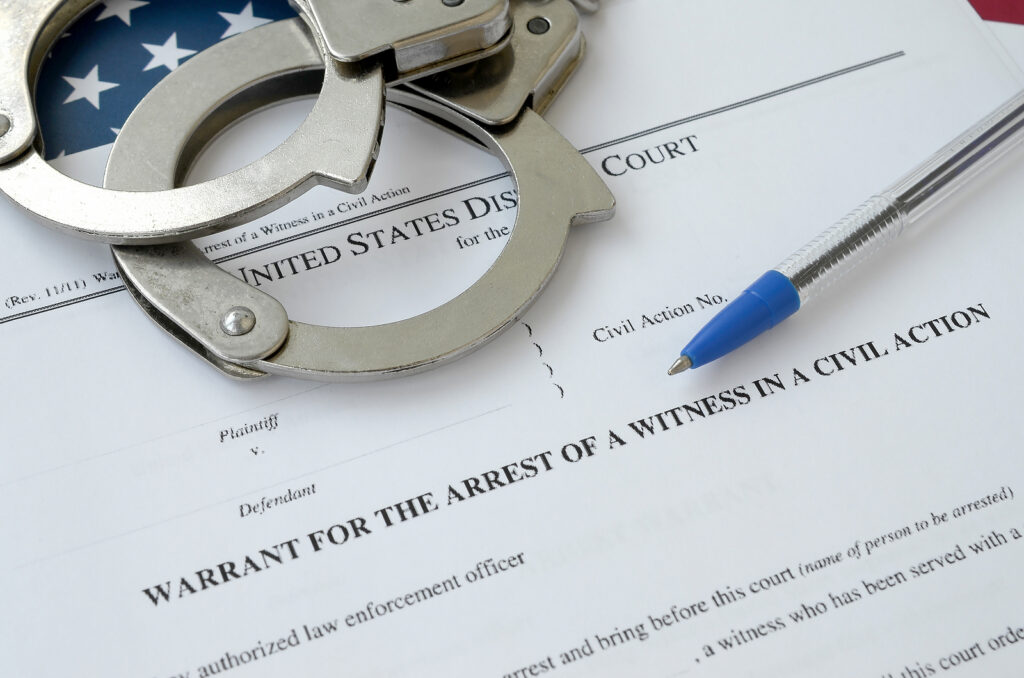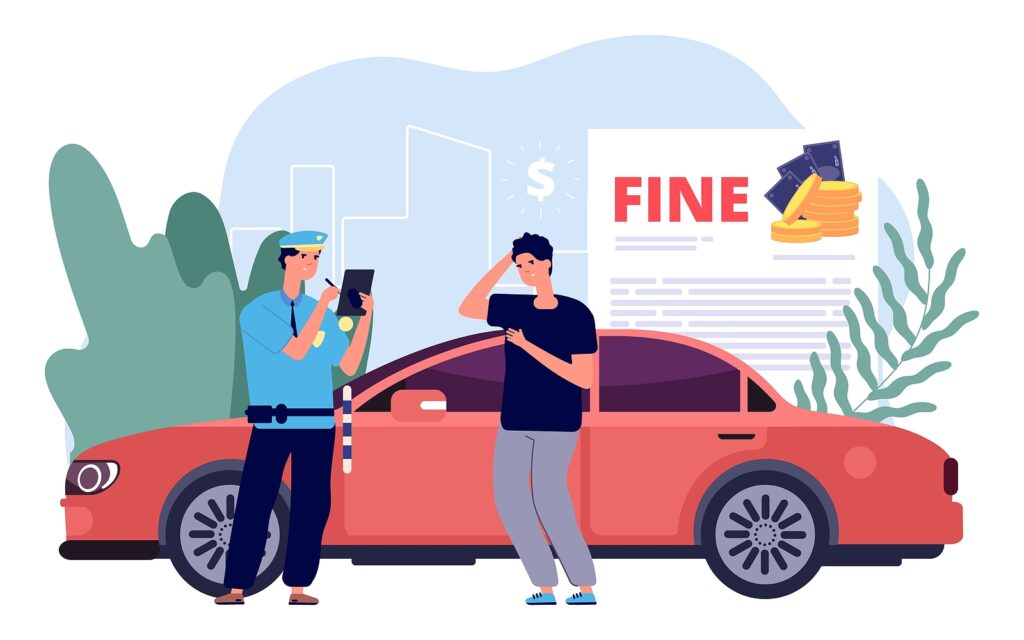When faced with criminal charges in Indiana, one of the most critical decisions you’ll have to make is selecting a competent criminal attorney to defend your rights. It’s not an easy task – the legal system can be complex and intimidating, especially if this is your first encounter with it. Understanding the function of a criminal defense attorney, the process of hiring one, and what to expect can alleviate some of the stress and uncertainty.
This blog post aims to address some of the most frequently asked questions and concerns individuals have when hiring a criminal attorney in Indiana, providing the information that you need to make an informed decision when it matters most.

FAQS About Hiring a Criminal Defense Attorney
What is a Criminal Attorney?
A criminal defense attorney, also known as a criminal defense lawyer, is a legal professional who specializes in defending individuals and organizations charged with criminal offenses. Their primary role is to protect the rights of their clients and ensure they receive fair treatment within the justice system. They are responsible for building strong defenses, negotiating plea deals, and representing their clients in court.
How Can a Criminal Defense Lawyer Help Me?
Hiring a criminal defense lawyer in Indianapolis can significantly impact the outcome of your case. They have an in-depth understanding of the legal system and know how to navigate it effectively. They will work tirelessly to build a strong defense on your behalf, investigate the evidence against you, negotiate with prosecutors, and represent you in court if necessary. They can also advise you on the best course of action, explain your rights, and fight for your freedom.
How Do I Choose a Criminal Attorney?
Choosing the right criminal attorney is crucial to the outcome of your case. It’s essential to do thorough research and consider factors such as their experience, reputation, success rate, areas of expertise, and communication skills. You may also want to schedule consultations with a few law firms to discuss your case and see if you feel comfortable working with them.
What Should I Expect When Working With a Criminal Lawyer?
When working with a criminal lawyer, you can expect them to guide you through the legal process, explain your rights, keep you updated on your case’s progress, and answer any questions or concerns you may have. They will also gather evidence, interview witnesses, and potentially negotiate a plea deal on your behalf. If necessary, they will represent you in court and fight for the best possible outcome.
Is Hiring a Criminal Defense Attorney Expensive?
The cost of hiring a criminal defense attorney can vary depending on various factors such as their experience, reputation, location, and complexity of the case. However, it’s important to remember that investing in a skilled and experienced attorney can potentially save you from severe consequences such as jail time, hefty fines, and a permanent criminal record. Additionally, some attorneys may offer payment plans or pro bono services for those who cannot afford their fees.
What Happens if I Can’t Afford a Defense Lawyer?
If you cannot afford a defense attorney, the court may appoint a public defender to represent you. Public defenders are attorneys provided by the government for those who cannot afford private legal representation. While they may not have as much time and resources to devote to each case, they still have the necessary knowledge and experience to defend your rights effectively.
In Summary
Facing criminal charges can be an overwhelming and frightening experience, but having a competent criminal attorney by your side can make all the difference. By understanding the role of a criminal defense attorney, how to choose one, and what to expect when working with one, you can feel more confident in navigating the legal system.
Remember to do thorough research and choose an attorney who will fight for your rights and best interests. So, don’t hesitate to seek help from a criminal attorney in Indiana if you ever find yourself facing criminal charges. Your future and freedom are too valuable not to have the best legal representation by your side.
Are you still filled with questions about your recent arrest and criminal charges? Contact Attorney David E. Lewis at 317-636-7514 to speak with a seasoned criminal defense lawyer in Indianapolis, Indiana. Our law firm will obtain the best possible outcome for your criminal case!
Related Posts:
Frequently Asked Questions About No Contest Pleas
7 Questions You Should Ask Your Criminal Defense Lawyer
Frequently Asked Questions About Warrants


